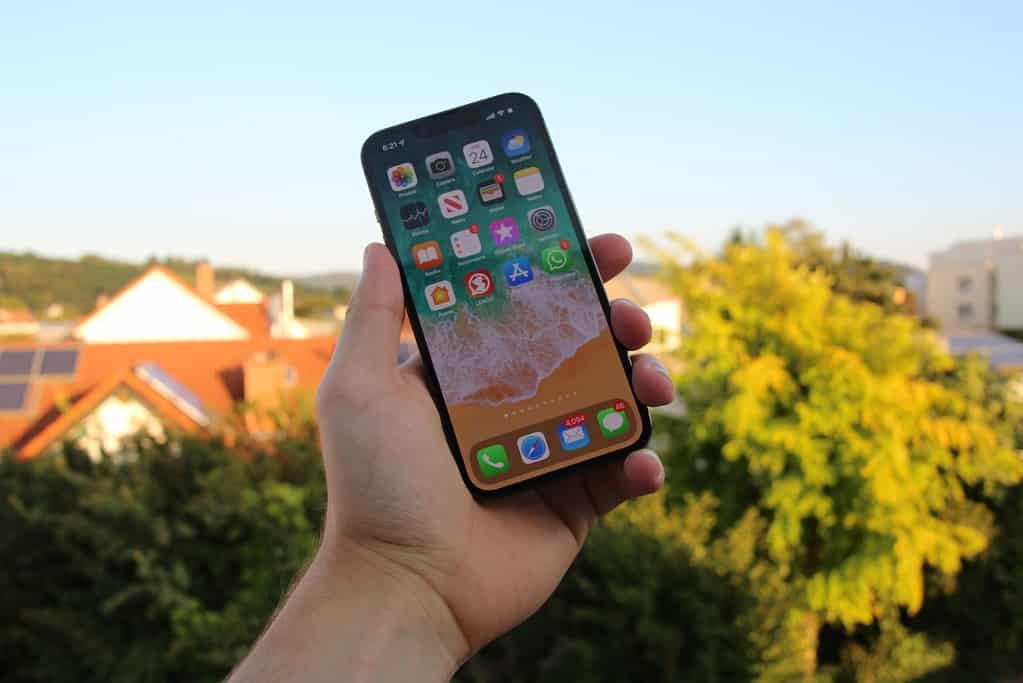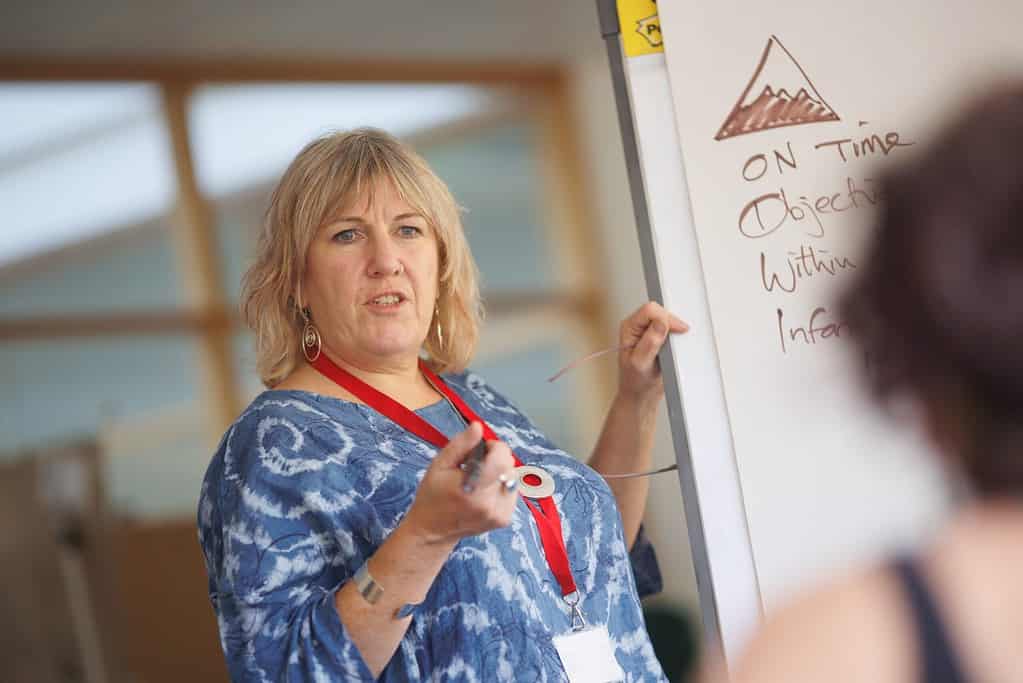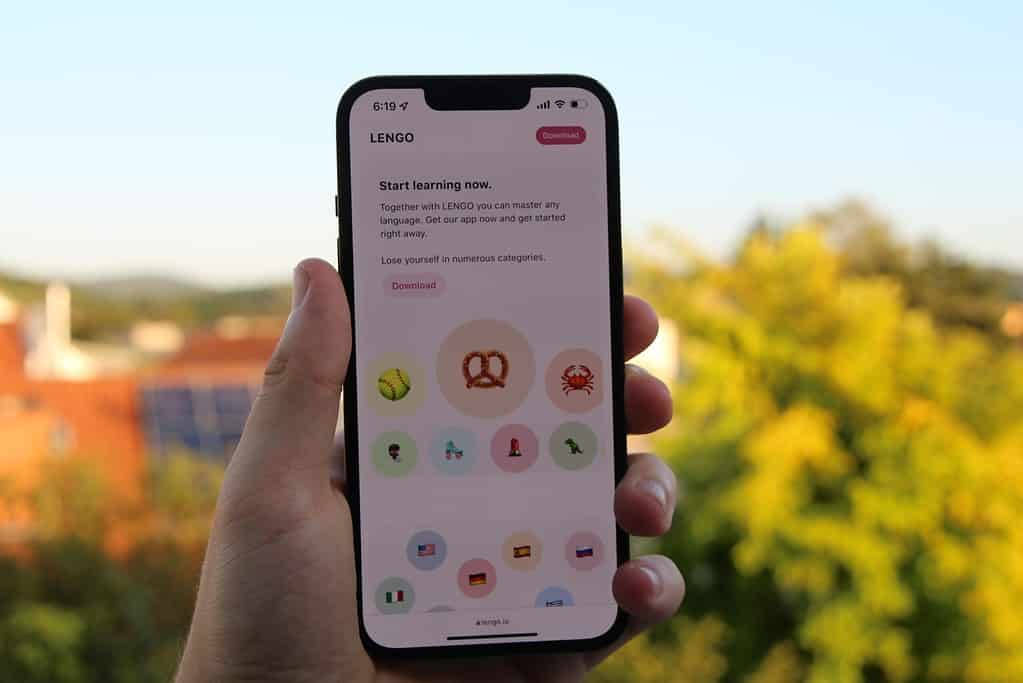Gaming is not only for fun—it’s also a dynamic and innovative way to improve your spoken French. In recent years, the rise of language-learning games and gamified apps has transformed how English speakers tackle the intricacies of French. With platforms like swaplang offering one-to-one private video exchanges between native French speakers and English learners, combining the thrill of gaming with language study is now more accessible than ever. Dive into an exploration of the top tools that merge play and language learning, while uncovering cognitive benefits and practical tips to integrate these hobbies into your daily routine.

The Impact of Gamification on Language Learning
Gamification brings an element of competition, reward, and engagement into language studies, transforming mundane drills into immersive experiences. By integrating levels, achievements, and storytelling, language-learning games make the process of acquiring new vocabulary and mastering pronunciation both fun and effective. Studies have shown that interactive gaming can enhance retention and cognitive flexibility, making it easier for learners to switch between linguistic contexts and apply new words in conversation. Researchers have noted that digital foreign language learning increases neural engagement and cognitive gain. For instance, one study discussed in the article Cognitive Gain in Digital Foreign Language Learning explains how varied game mechanics stimulate memory and learning pathways.
This modern approach not only motivates continuous practice but also mitigates learner anxiety by providing a risk-free environment for experimentation. Whether mastering vocabulary or mid-game quick quizzes, the iterative challenges mimic real dialogue scenarios in a playful yet practical manner. It’s a game-changer for those looking to improve spoken French through innovative technology and playful challenge.
Popular French Language-Learning Games
There is no shortage of innovative platforms that offer interactive games designed specifically for mastering French. Duolingo, for example, has revolutionized standardized language drills with bite-sized lessons that combine reading, speaking, and listening exercises—all wrapped in a fun gaming interface. Learn more about this trend on the Duolingo Wikipedia page, which outlines the platform’s journey from a simple app to a comprehensive learning tool.
Another interesting option is Lingopie, where immersive video content is used to stimulate natural understanding by exposing learners to authentic French dialogue with subtitles that explain phrases and idioms in context. You can discover the details about Lingopie by visiting its Wikipedia entry. Furthermore, innovative platforms like Xeropan provide tailored learning paths that favor repetition and contextual practice. With such varieties on offer, you can choose the game that best aligns with your learning style—a critical step to boost your conversational confidence.
For those looking to seamlessly integrate engaging challenges into their routine, learning through gaming offers the crucial flexibility of practice on your own schedule. After experimenting with these games, you might also explore more targeted conversation practice sessions on swaplang to directly apply your skills in real dialogue.
Cognitive Benefits of Gamified Learning
Using gaming as a tool for language learning taps into the cognitive elements that traditional methods sometimes miss. Intensive interaction with game mechanics requires quick thinking, pattern recognition, and memory reinforcement—all of which fuel cognitive development. For adult language learners, these benefits include improved mental agility and enhanced problem-solving skills. Both scientific and anecdotal evidence support that language gaming challenges the brain in ways that foster faster recall and better retention. Research published by MDPI provides insights into how gamification can speed up foreign language learning by engaging multiple cognitive processes simultaneously.
Additional insights are provided by discussions on cognitive benefits seen in playful language exercises, as detailed on Science Based Learning. These games mimic real-life conversational scenarios and help overcome the fear of making mistakes. When combined with regular practice, such cognitive benefits significantly improve spoken French skills, making language acquisition more natural and less intimidating.
Recommended Games for Beginners and Advanced Learners
The beauty of gamified language learning lies in its adaptability to various proficiency levels. Beginners might find that simpler games, which focus on essential vocabulary and basic grammar, provide a non-threatening introduction to French. For instance, casual quizzes and word puzzles can build foundational skills without overwhelming learners. More advanced speakers will appreciate games that simulate complex conversational dynamics, requiring not only vocabulary recall but also an understanding of nuances in tone, idioms, and cultural references. Resources like FluentU’s guide on French games and LangLandia’s recommendations offer detailed overviews of games appropriate for each level.
These platforms provide a spectrum of challenges, from quick-fire vocabulary rounds to in-depth storytelling adventures, that are specifically designed to enhance not just reading and writing, but also the often-overlooked spoken French. As you experiment with these games, consider supplementing your practice with a few sessions on swaplang, a place where real conversations help consolidate your new language skills.
Incorporating Gaming into Your Daily Practice
Making gaming a routine part of your French learning schedule helps integrate the language into everyday life. Whether you have a few spare minutes between meetings or a dedicated hour each day, setting aside time to play educational games can reinforce lessons and build long-term fluency. The key to successful integration is consistency; even a short gameplay session each day can help solidify vocabulary and grammar rules.
For example, you might start your morning with a quick vocabulary challenge and then wind down in the evening by watching short interactive clips from video-based games. Transition from passive study modes to interactive play and notice how your spoken French starts to feel more natural and fluid. For those who prefer multifaceted learning experiences, consider blending gaming practice with additional multimedia resources, such as online articles or podcasts about French culture. If you’re already enjoying other resources such as tips on mastering French pronunciation, you will find that integrating these methods creates a well-rounded approach to language learning.
As you weave these gaming sessions into your daily ritual, remember that every small session counts. The cumulative effect of regular play is far greater than sporadic, intensive study sessions. So, if you’re eager to not only have fun but also boost your spoken French, embrace the interactive nature of gamified learning and let your skills evolve naturally.
Ready to transform your French language journey? Sign up for swaplang today to join a community of learners engaging in real, authentic conversations. With flexible scheduling and one-to-one private video sessions, you’ll be speaking French faster than you ever thought possible. Visit the swaplang homepage and get started on your gamified language adventure now.

















